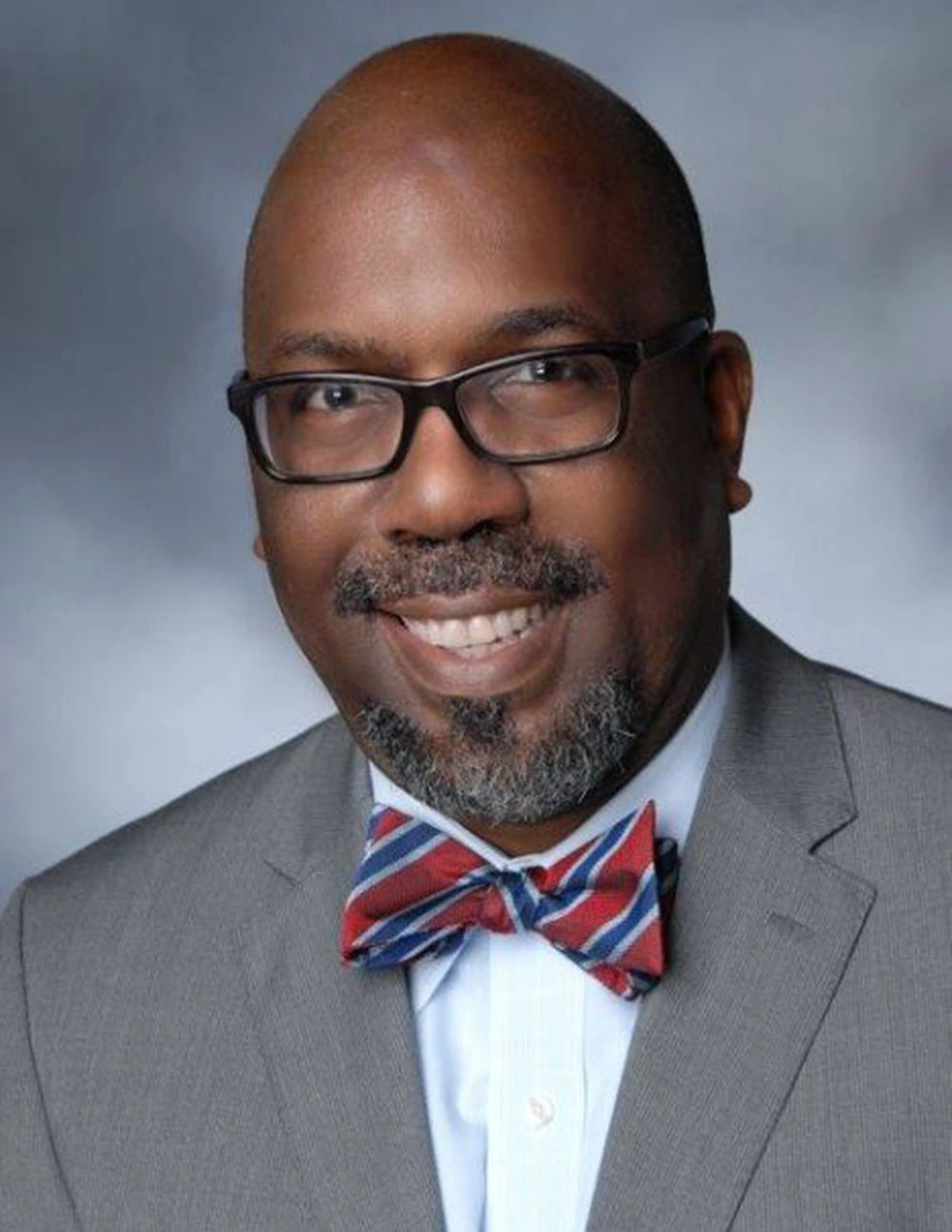Learn more about how prostate cancer can affect underserved communities and our #CollectiveCommitment to address disparities.
The conversations around disparities and inequities in American health care over the past few years have been forthright and necessary. As a company that plays a major role in delivering care as part of that system, Novartis has a responsibility to be part of those conversations.
That’s why Novartis has partnered with leading organizations supporting underserved communities, including Malecare and ZERO—The End of Prostate Cancer. In 1997, Malecare started the first gay prostate cancer support groups. It now runs the largest in the world and supports development of other support groups across the globe. Founded in 1996, ZERO is the leading national nonprofit organization with the mission to end prostate cancer and aspires to create Generation ZERO—the first generation free from prostate cancer. ZERO works to improve the lives of men and families through education, research, support groups, patient navigation, transportation assistance, and equity-inspired action.

Regarding the unique ways in which prostate cancer can affect the sexual minority and gender minority communities, Darryl Mitteldorf, LCSW, Executive Director of Malecare, explained that “treatment choice considerations are different for sexual minority and gender minority people than they are for heterosexual people. Gay men often have worse outcomes around bowels, around urinary function, and different concerns around hormone therapies, for example.”
Similarly, discussing the impact of racial inequality on prostate cancer care, Reggie Tucker-Seeley, ScD, Vice President of Health Equity at ZERO, explained the complex challenges facing communities of color: “It is important to understand that the racial/ethnic disparities we see in health/health care didn’t just show up recently because we all started hearing more about them. They are the result of racial/ethnic minorities being sorted into neighborhoods with fewer health promoting resources and a health care delivery system that has not historically been a trustworthy partner to these communities.

It is also important to recognize that navigating the health care delivery system is challenging; I have a background in public health/health care services research, and I struggle with navigating it. However, there have been efforts that have been successful at reducing racial/ethnic disparities in cancer. In particular, and not surprisingly, efforts that include patient navigation and removing financial barriers to prevention and treatment have been shown to have a substantial impact on reducing racial/ethnic disparities in cancer."
There are no quick fixes, Tucker-Seeley noted. “These disparities accumulated over time, so due to the long-standing history of individual-level and systemic racism and discrimination that created them, it's going to take time to see them eliminated.” However, he also explained actions people can take—finding resources through organizations like ZERO and Malecare that will help them be as healthy as possible, and he urged people to talk about it within their families. “Men, and especially communities of color, don’t talk about our health enough. One strategy is to have an accountability partner to keep you on track with annual screenings, and a regular source of care,” he notes.
Understanding where the gaps lie is also vital, with Mitteldorf observing that, “To this day, there is an inadequate understanding of how various treatments affect progression of diseases and initiations of disease for transgender women aged 40 and up.” These are the kinds of gaps that we must continue to highlight if we are to help them be finally addressed.
It's in everybody's interest that everyone gets the best care possible.
Darryl Mitteldorf, LCSW, Executive Director of Malecare
Both agree that health care providers must meet patients where they are and speak to them in a way that patients understand. “It's in everybody's interest that everyone gets the best care possible,” says Mitteldorf. Tucker-Seeley concurs: “Having a health care provider that is respectful and trustworthy is a key component of high-quality health care. As a Black gay man, I am acutely aware of the challenges of navigating the healthcare delivery system with minoritized identifiers, and I put the onus on the health care delivery system to show itself to be a more trustworthy partner to groups that have historically experienced racism and discrimination in the effort to eliminate racial/ethnic disparities in health/health care.”
At Novartis, we are committed to helping raise awareness of diversity, equity, and inclusion issues. Our purpose is to reimagine medicine to improve and extend the lives of all people–inclusive of race, ethnicity, gender, age, sexual orientation, disability, location, and socioeconomic status. By listening to different communities with a learning mindset, we can contribute to building a world that is more inclusive.



